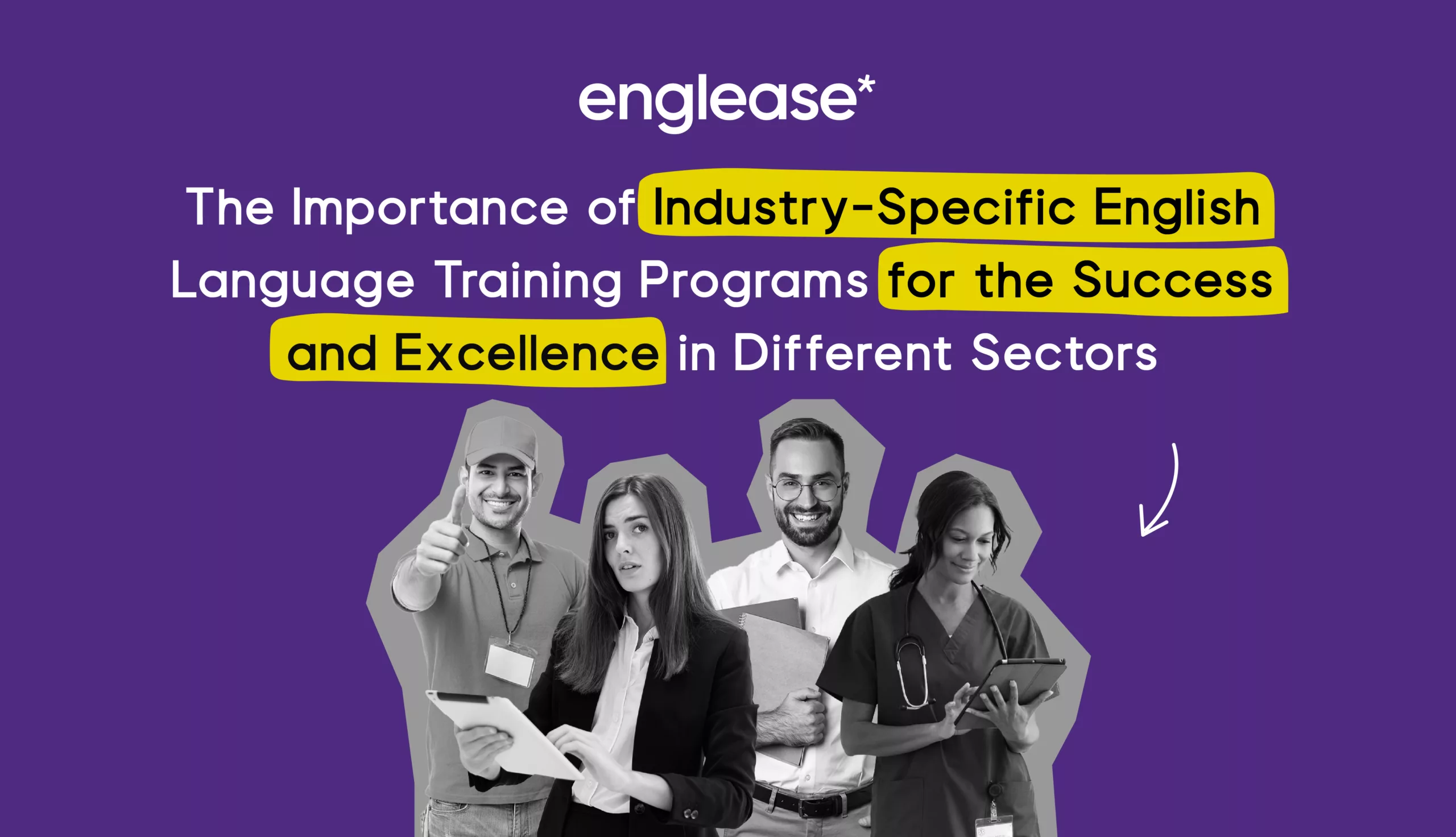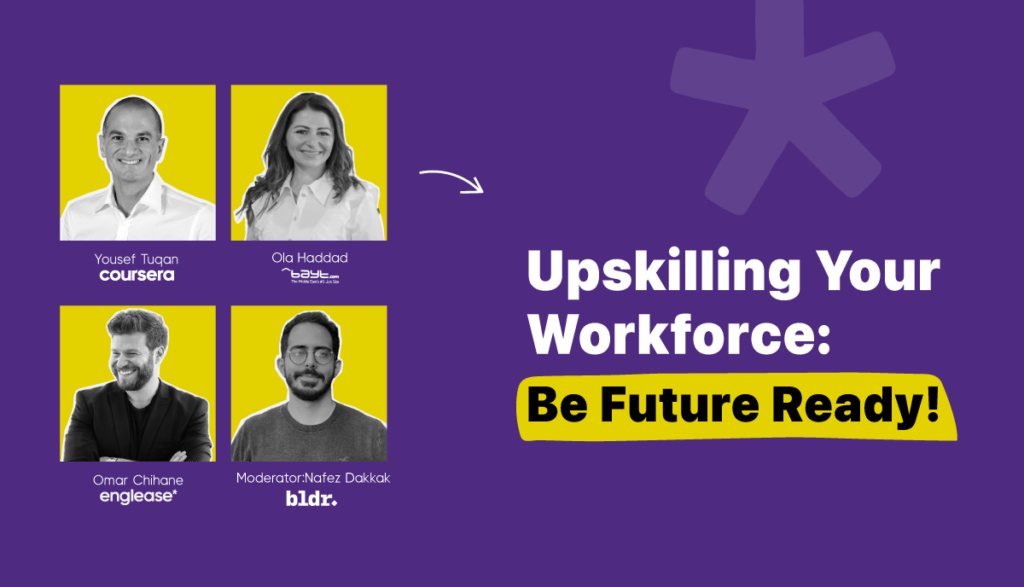In light of the exponential growth of tech innovation and automation, and the rapidly-changing job landscape, HR and L&D managers have become increasingly aware of the importance of ensuring that the workforce is adequately prepared to face any future challenges or unpredictable circumstances.
In a webinar organized by englease and held virtually last week, top names from major organizations specialized in learning, development, and employment, came together to discuss the gaps and challenges faced by employees in the MENA region, and shared their insights on the importance of upskilling the workforce.
During the webinar, Nafez Dakkak, Managing Partner at BLDR, welcomed the panelists and attendees and kicked off the webinar with a crucial question; why should we be thinking about upskilling and reskilling our workforce and what are the key gaps that have been identified within the MENA region?
Ola Haddad, Director of Human Resources at Bayt.com answered and said: “The last three years have proven to be extremely challenging for everyone in the world, and now that organizations in the MENA region are adapting to the new normal, the need to build a future-ready workforce has become the need of the hour.”
Ola added: “Looking into the MENA region, premium cities have been putting a lot of effort into becoming a desirable work destination, which has been very successful, as post-pandemic, Dubai ranks as the third best city in the world for expats to live and work in.”

The Importance of Industry-Specific English Language Training Programs for the Success and Excellence in Different Sectors
In a fast-paced world and in the constantly evolving business environment, the need to master the English language and speak it fluently has become a necessity rather than a luxury.






